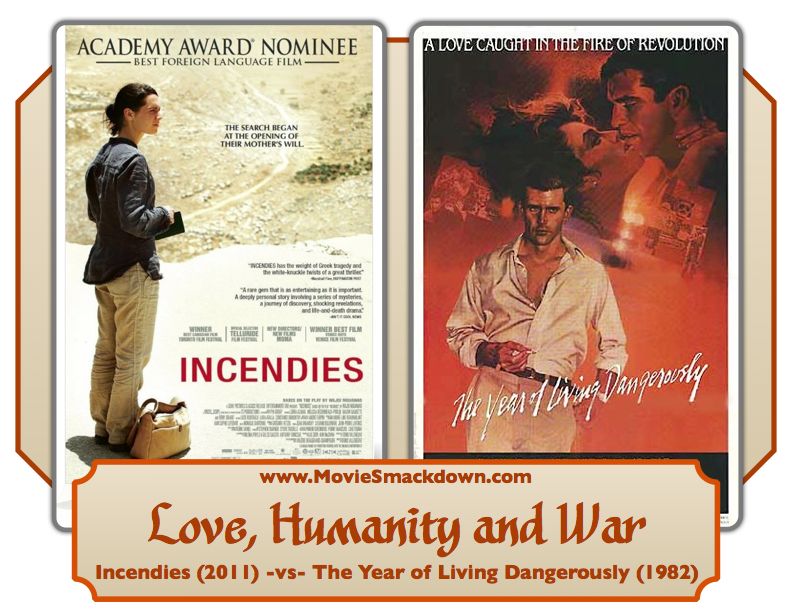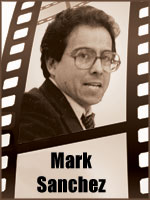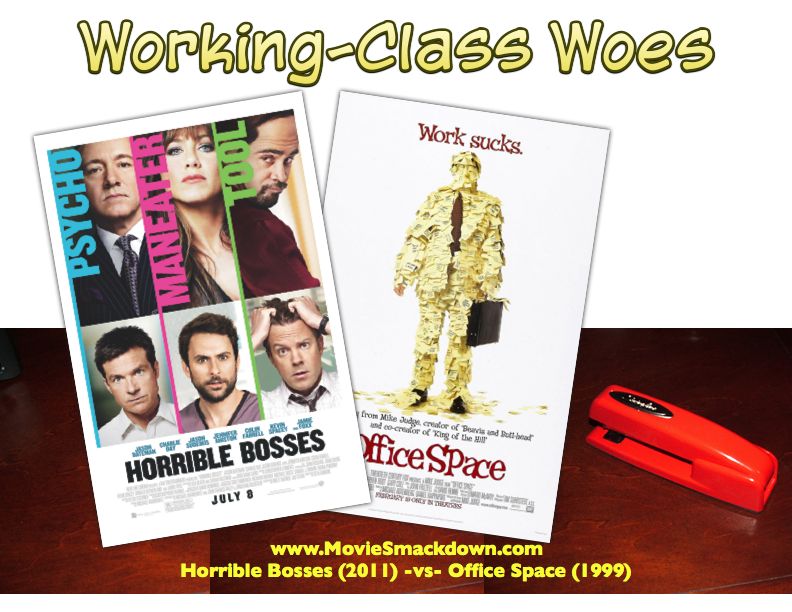
 The Smackdown
The Smackdown
If watching them on TV isn’t enough, horrific events in real life often land on the big screen. 9/11 and Vietnam spawned a handful of movies, and I see more coming — movies tied to the Japan earthquake / nuclear disaster and the killing of Osama Bin Laden. Even so, that formula doesn’t insure audiences as large as those that see Thor, Pirates of the Caribbean and the latest Hangover movie.
The strongest film I’ve seen this year finally creeped into U.S. theaters from Canada. Incendies, from director Denis Villenueve, made the short list — but did not win — this year’s Academy Award for Best Foreign Language Film. This tale of discovery, transformation and personal redemption pits human beings against human-scale horrors. The Middle East provides the backdrop for Incendies in a way I personally identify with.
Years ago, I reported and field-produced stories during a month-long trip into Saudi Arabia, Syria and Egypt. Well-armed authority ruled each country; I met guards with machine guns as I stepped from the plane in Riyadh, and private armies patrolled Damascus and other parts of Syria. Egypt was an active military state. This uniformed muscle enforced the appearance of order at the cost of personal freedom. This is the atmospheric real estate where the essential drama of Incendies plays out.
It now steps into the ring against a proven winner, The Year of Living Dangerously from 1982. This film combines a love story with armed revolution in Indonesia. It pushed Mel Gibson’s star even higher, and won Linda Hunt a well-deserved Oscar. Peter Weir directed and shares screenwriting credits with David Williamson and Christopher Koch in adapting Koch’s novel.
Here’s a Smackdown where lives collide with life-threatening situations. Which film survives the firepower to deliver the stronger human story? Duck and cover!
[singlepic id=738 w=320 h=240 float=right]
The Challenger
Nawal Marwan lies dead in Montreal, and it falls to her children to unravel the mystery of Incendies. Jeanne and Simon Marwan sit in the office of her mother’s employer, Jean Lebel, a notary. He is the executor of Nawal’s estate and hands her adult children a series of sealed envelopes. The task: deliver messages to a father they never met and a brother they didn’t know existed.Â
Incendies follows the Marwans and Lebel reconstructing the dead woman’s history: The child she gave up at birth in the Middle East, Nawal’s efforts to find him, the political upheaval and violence that nearly destroy her. In flashbacks you see it. From these fragments Jeanne and Simon piece together a narrative they never knew about their mother. They make an astonishing discovery about themselves. And they deliver the messages. Lebel, the notary, says it all: “…death is never the end of the story.â€
[singlepic id=736 w=320 h=240 float=right]
The Defending Champion
Indonesia struggles to stay in one piece as Australian journalist Guy Hamilton (Mel Gibson) arrives for his big assignment in Jakarta. He is out of his depths, with no helpful contacts, but one ally: news photographer, Billy Kwan (Linda Hunt, in a marvelous performance), who knows the right people. Kwan introduces Guy to the British military attaché’s assistant, Jill Bryant (Sigourney Weaver).
He’s just arrived; she’s been reassigned out of country. Guy and Jill fall for one another amidst extreme squalor and a communist uprising against President Sukarno. Billy Kwan provides the story’s moral center, offering kindness where little exists and reminding Guy and Jill (and us) that “we must meet with love whomever God has placed in our path.” That does not happen for most in The Year of Living Dangerously.
The Scorecard
These are strong character-driven stories with all the dangers, joys and risks we can believe happen to real people. Further, the sharp atmospheric tone in Living Dangerously frees its characters from having to tell us this is exotic and unstable, and never quite safe. As Billy Kwan, Linda Hunt gives a career performance that still satisfies playing a Chinese-Australian dwarf man. The production creates a vision of Indonesia that demands attention and doesn’t let go. On the whole, the film remains lovely to watch, even though I still don’t really care whether our lovers get together.
Nobody shrugs a shoulder about the people we encounter in Incendies. Thanks to TV, we recognize the armed militias — Christian and Muslim — tearing apart this piece of the Arab Middle East (although that piece is never identified, it seems like Lebanon). Denis Villenueve, Valerie Beaugrand-Champagne and Wajdi Mouawad adapted Mouawad’s play, Scorched. A masterful screenplay gives dimension to its players. It also implies some differences may never be bridged, but reconciled individually. That happens in truly jaw-dropping fashion, but I won’t spoil it by going on.
Despite their demonstrated strengths, you can find a winning difference between these two movies.
The Decision
You can’t go wrong with either film, and The Year of Living Dangerously holds up well three decades on. It features a well-known cast and a towering performance from Linda Hunt. The events are portrayed vividly, and that’s usually enough to declare a winner, but not this time.
Where Living Dangerously mainly focuses on events, Incendies centers its gaze on the people affected by events. There’s plenty of external drama go round in both films, but Incendies shows us internal conflict that changes lives in profound ways.
Our winner, Incendies, features an international cast most of us won’t recognize, but should: Lubana Azabal as Nawal Marwan; Melissa Desormeaux-Poulin as Jeanne; Maxim Gaudette as Simon and Remy Girard as the Notary.
Disturbing and well-made films like Incendies will probably head to the DVD library very soon, largely overlooked by audiences. That’s no way to treat this movie or The Year of Living Dangerously.




Leave a Reply